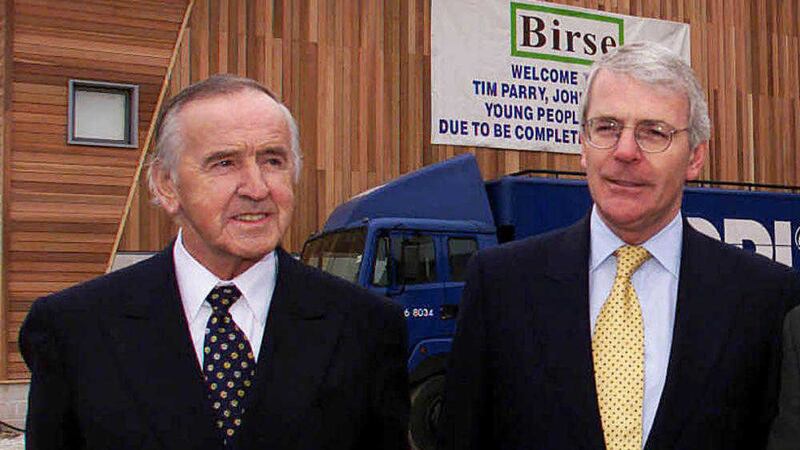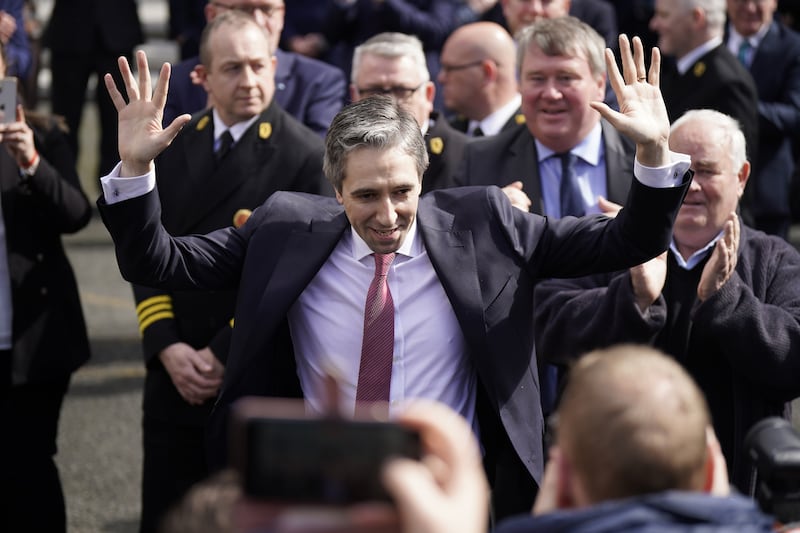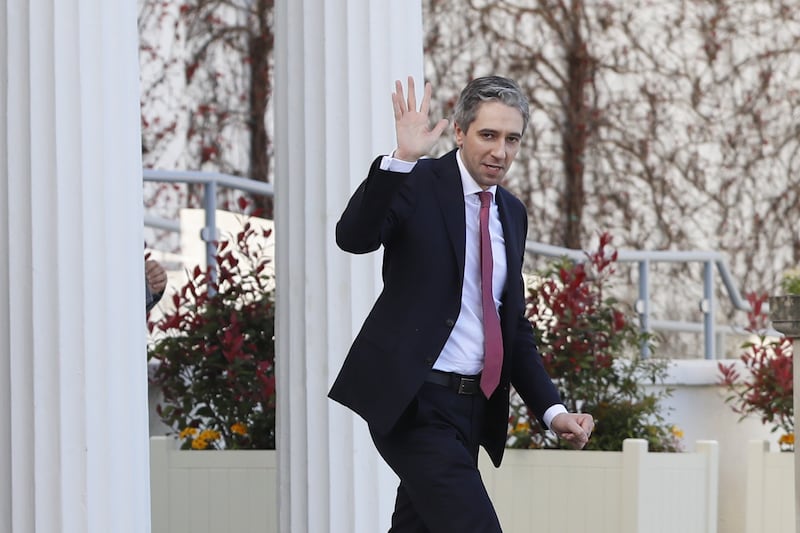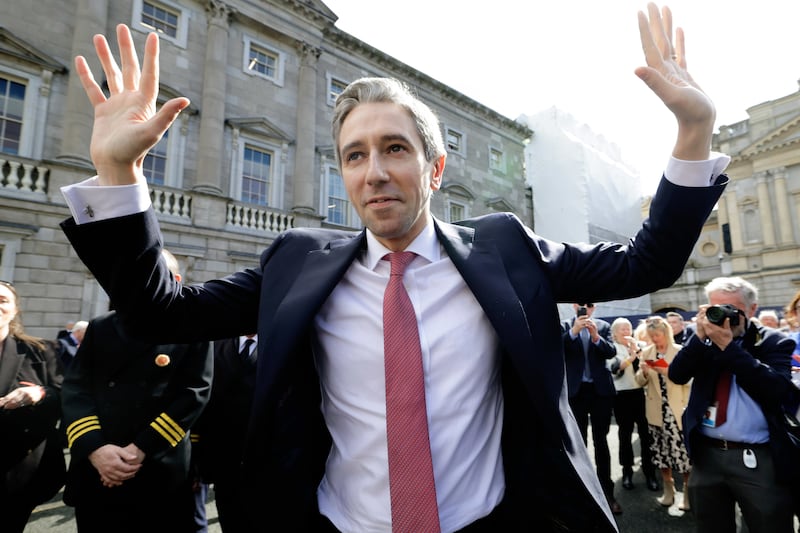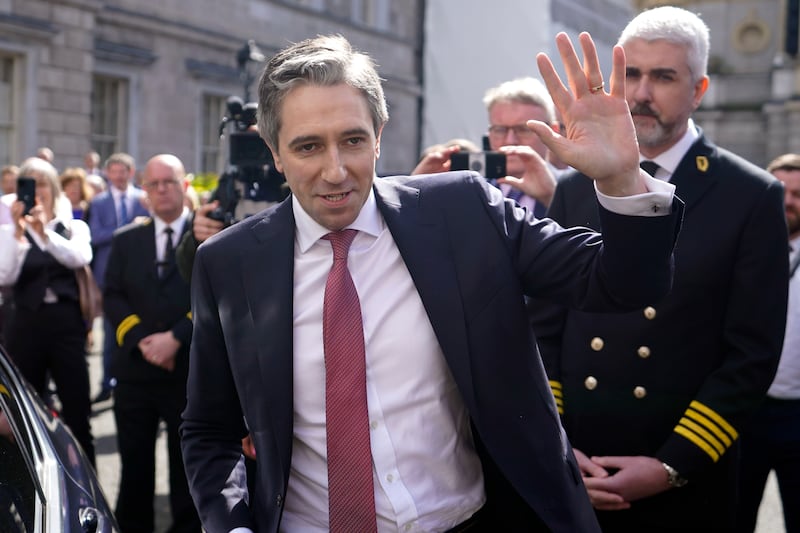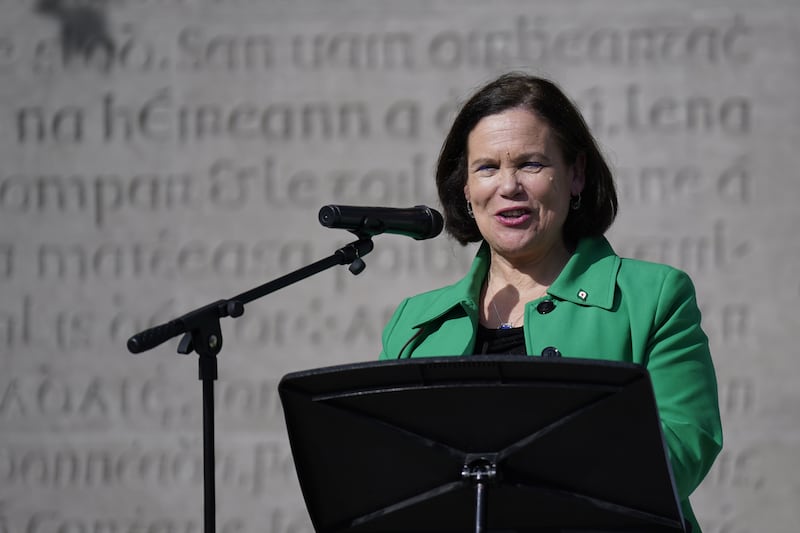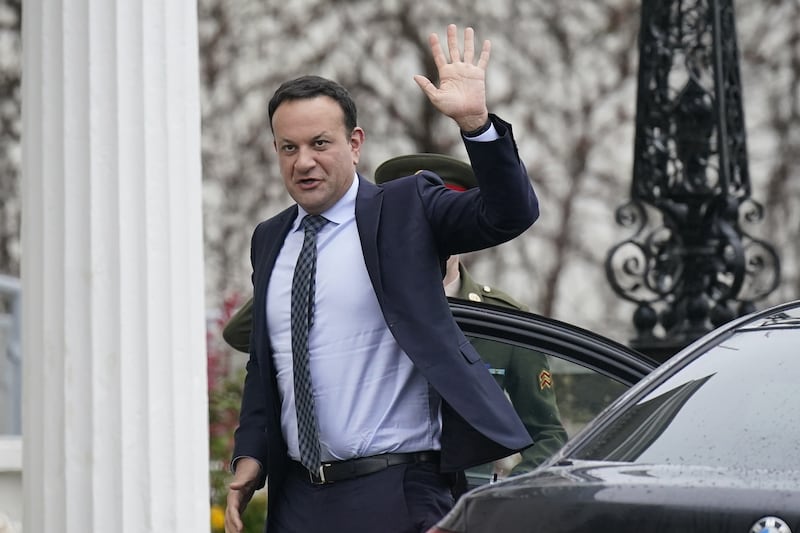ON a visit to Dublin Castle recently I recalled for a British colleague how Michael Collins arrived late for what he described as the "surrender" of the imperial citadel. It is said the Big Fellow was rebuked by the British for being seven minutes late and he retorted: "We've been waiting over 700 years, you can have the extra seven minutes."
That January 1922 ceremony did of course mark a significant parting of the ways and we're about to have another now, as the United Kingdom gets ready to leave the European Union.
Whatever the faults and failings of EU membership, it had a generally positive impact on British-Irish relations. Ministers and officials from Dublin and London had a similar approach to most issues in negotiations with their European partners.
When John Major was chancellor of the exchequer and Albert Reynolds held the post of minister for finance they used to meet regularly in a European context.
Major recalls in his autobiography how a friendship developed which later proved beneficial to the peace process.
But it wasn't confined to peace efforts in the north: the interaction between the two sides contributed to a greater understanding of one another in general and a better appreciation of our common humanity.
All that is in jeopardy now. It's not unlike the break-up scene in Casablanca between Humphrey Bogart and Ingrid Bergman, with the prime minister telling the taoiseach: "Where I'm going, you can't follow. What I've got to do, you can't be any part of."
Does it have to end that way? Will Theresa May - I nearly wrote "Maggie Thatcher" - say to Enda Kenny: "Here's looking at you kid" by way of consolation she might remind him: "We'll always have Brussels."
The challenge instead for Britain and Ireland is to emulate the final scene in the movie where Bogie tells Police Captain Renault, played by Claude Rains: "I think this is the beginning of a beautiful friendship."
Dublin clearly needs to be London's strongest ally in securing the best voluntary redundancy terms, provided of course those conditions do not affect Irish interests in a seriously negative way.
But the conduct of the political class in the south these days does not inspire confidence in its ability to steer the ship of state through the choppy waters ahead.
The release of the Chilcot Report brought back memories of `Comical Ali', the Iraqi Minister of Information who said footage of US troops on the outskirts of Baghdad was false and that there were no American tanks in the city when they were only a few hundred yards away at the time.
Having inspired confidence by steering us through the banking and financial crisis that erupted in 2008, the politicians have more recently been turning the ship of state into a ship of fools.
The day I was at Dublin Castle provided a good example of this.
The North-South Ministerial Council was having a plenary meeting, with the first and deputy first ministers in attendance.
The taoiseach's office issued a statement in advance that he would "raise the possibility of developing an all-island forum" where parties from both sides of the border could discuss the implications of the Brexit result.
As widely reported, nobody in Dublin thought of sounding-out First Minister Arlene Foster on the idea beforehand and the taoiseach had to admit under media questioning that it wasn't even proposed at the meeting.
There was more to come when independent ministers who are meant to be part of the government voted in favour of proposed legislation relating to abortion, flouting the advice of the attorney general that the bill was unconstitutional.
Meanwhile, there are tensions within the main government party. While declaring he does not intend to lead them into the next general election, at time of writing Kenny has not revealed a time-line for his departure.
Given the possibility that the minority administration could collapse at short notice, there are concerns in Fine Gael that a leadership contest and a general election might take place at virtually the same time.
It all contributes to feelings of insecurity and concern, because the impending departure of the UK from the EU constitutes possibly the greatest diplomatic challenge to the southern state since the "emergency", which was our name for the Second World War.
If one may adapt a phrase from a previous global conflict, we may not be lions but there are times when we seem to be led by donkeys. The Big Fellow would not be pleased.
